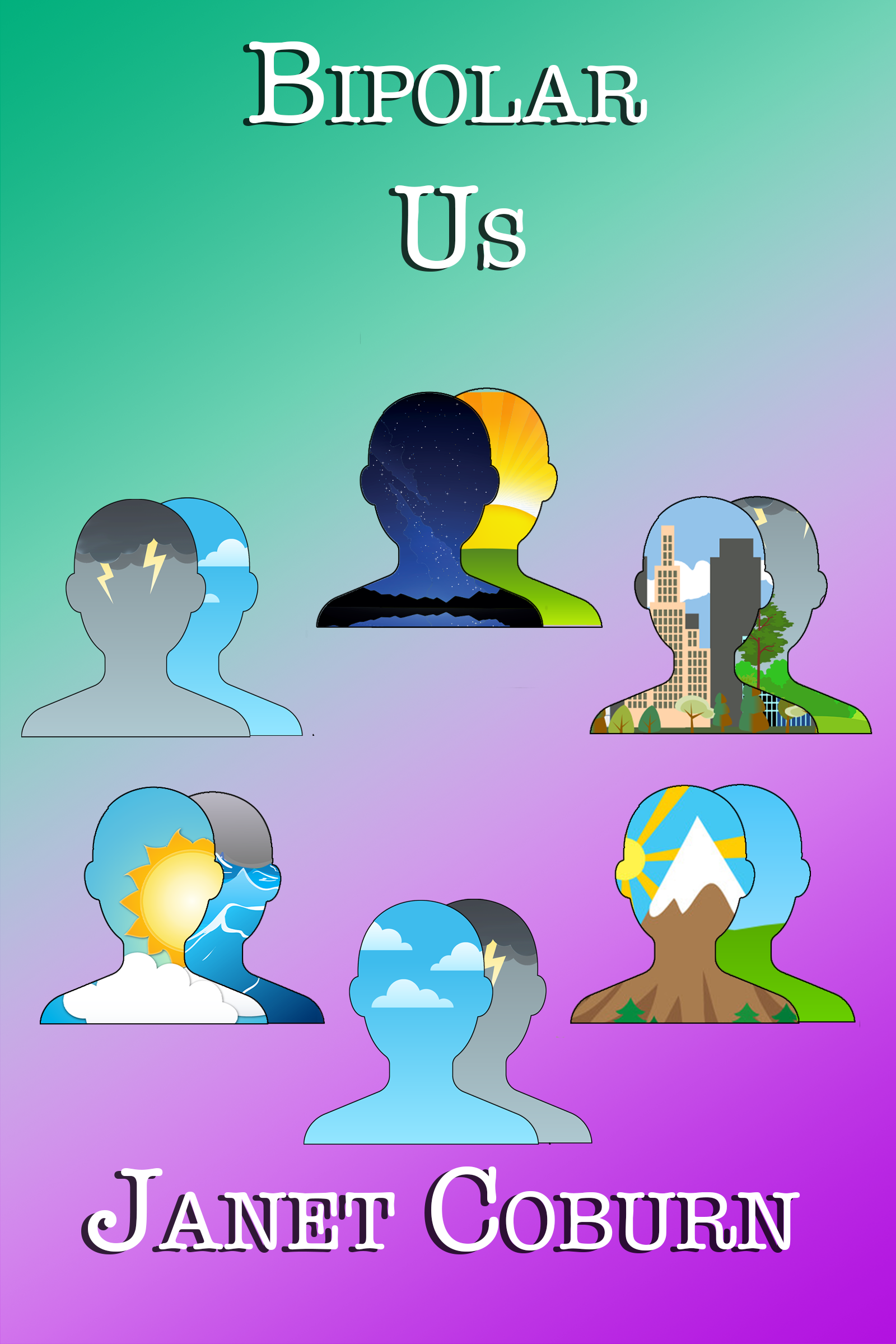Writing can be therapeutic – and more.
Writing can save your life – or someone else’s.
Every one of us, depressed, manic, or bipolar, has something to say.
Although I’ve never been one to respond to that ancient exercise in which you express your unspoken thoughts to an empty chair, I am a proponent of expressing your unspoken thoughts. I just think writing is a better way to do it.
Getting your thoughts and feelings down on paper or preserved in pixels is a positive, life-affirming action, even if your thoughts might not be. Giving voice to your inner workings can help you understand yourself and your brain better.
And if you choose to share them, they can help others too.
There are many different kinds of writing you can explore and experiment with until you find the one or ones that are right for you. Here are a few you can try.
Journaling. Many therapists recommend journaling to keep track of your moods and mood swings. You can also keep track of your exercise and sleeping and eating patterns in your journal. These factors may help you pinpoint physical symptoms that accompany your emotional ones. And you can get a read on how your meds affect your symptoms and how troublesome the side effects are.
Unsent letters. I have a separate file in my computer for these, just so I remember not to send them. I write letters not to send when I need to vent at or about a person, but am not sure whether I’m overreacting. I can express my feelings without taking the chance of ruining a friendship or hurting a loved one.
Sent letters. Sometimes, after you’ve let those letters or emails sit for a while, you decide that you do need to send them – or at least parts of them. Letters or emails are often the best way to communicate regarding difficult topics because you can think about what’s important to say, consider the best way to say it, and revise if your thoughts are not coming out the way you want them to. You still might want to wait a day before you send them, though.
IMs and comments. When you read someone’s post or a comment that really resonates with you, don’t hesitate to let that person know. If you don’t understand something in a post, just ask. If you disagree, feel free to do so politely. These are chances to open a dialogue, get more information, or correct misconceptions. They can lead to friendships if you comment regularly, but even a word or two of support or thanks can mean a lot to the writer.
Blogging. I started blogging because my journaling was boring and whiny, and I decided I had more important things to write about. There are basically two kinds of blogging about bipolar disorder. One is to share your experiences – your mood swings, your triggers, your relationships, your healing, your thoughts and meditations. The other is to write about issues related to bipolar disorder – treatments, stigma, social policy, news items, books, or opinions. Of course, you can combine both types of writing in your blog, which is what I try to do.
Blogging is powerful. It lets both professional and untrained writers speak their truth and share their thoughts. A blog about bipolar disorder has a “niche” audience – people interested in the subject themselves or because they have a friend or relative with the disorder. This means that you will likely never rival the Bloggess in numbers of readers, but you can touch the lives of hundreds of people.
Blogging does not have to be difficult. You can post every day or every week, every month, or just when it suits you. You can write informally or in a more academic vein. There are a number of platforms, such as WordPress and Live Journal, that make it easy for you to get started, and to make changes as your blogging needs evolve. You can add illustrations and video clips, and links to news stories or other blog posts. Eventually, you may want to have your own personal web page to host your blog.
Fiction and poetry. If you don’t want to put your own experiences out on the web for anyone to see, you could try transforming them into fiction or poetry, or inventing characters and plots that resemble you not at all. Many magazines and other outlets use short stories and poems, and works that feature bipolar characters and themes are not common. Fiction and poetry can be ways to reach an audience that might otherwise never learn about the reality of bipolar illness and its effects on people and relationships.
Longer works. You could even write a book (which is something I’m trying to do). There are many genres to choose from, including nonfiction, memoirs, and novels. Aside from Abigail Padgett’s Bo Bradley series of mysteries, there isn’t much fiction featuring bipolar characters that are true-to-life and not stereotyped. These are long-term projects and, truthfully, you (and I) may never finish them or have them published. But just the effort is worthy.
Whatever form of writing you choose, get started! Whether you write for yourself or for a larger audience, you can make a difference. And if you feel the desire, you should definitely try.




Comments on: "Advice for the Bipolar Writer" (5)
I’m a bipolar writer, too. Nice to meet you! 🙂
LikeLiked by 1 person
Pleased to make your acquaintance. Do you blog?
LikeLike
Oh, yes, I do! I’m at http://nautiluscarly.wordpress.com 🙂
LikeLike
Nice piece! I’m sure you’ve inspired some people to give writing a try. I wish you well with your book.
LikeLike
Thanks. Fingers crossed!
LikeLike